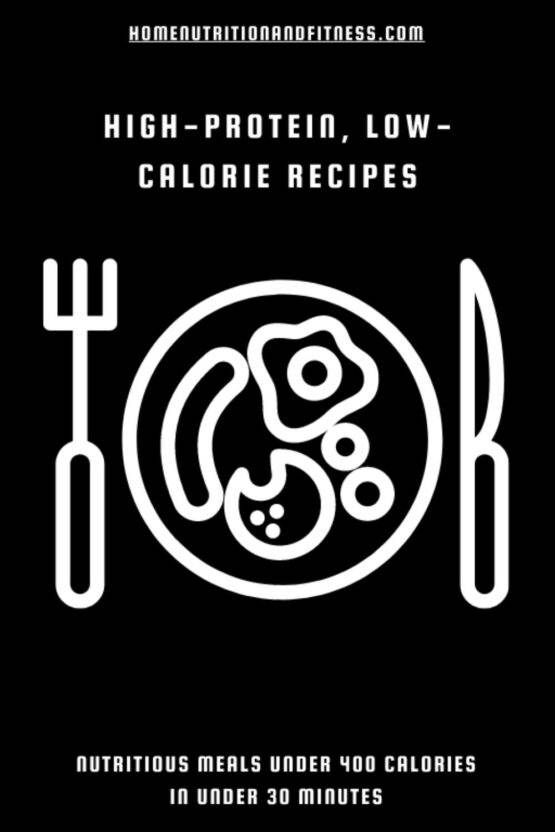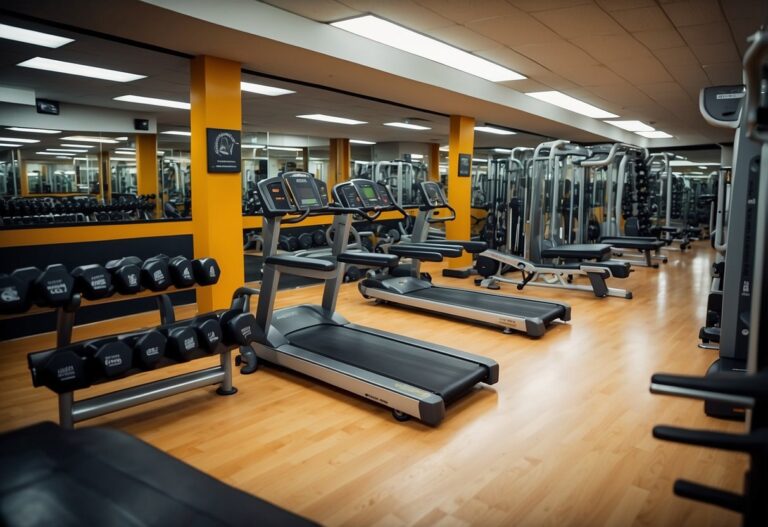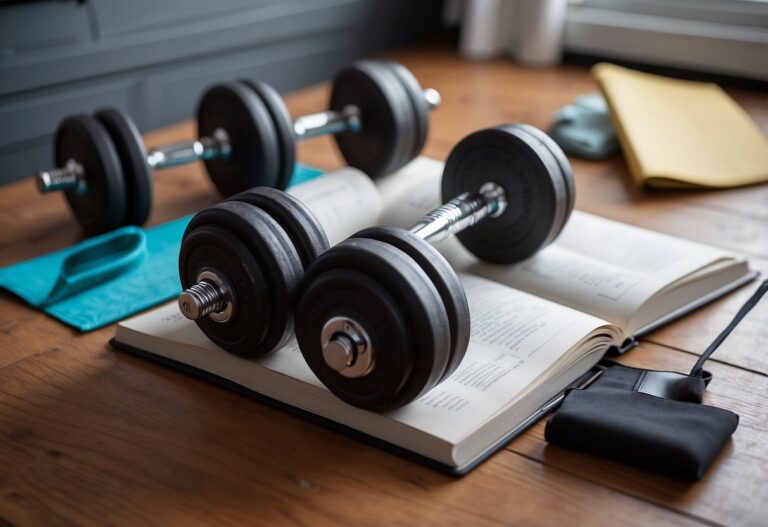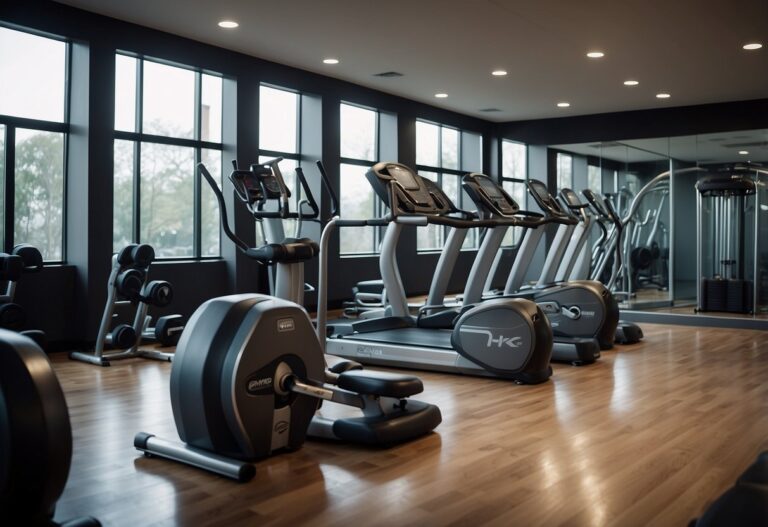Finding the right balance between fasting and fitness can be a challenge during Ramadan. With changes in your eating and drinking patterns, you might wonder how to maintain your workout routine without feeling worn out. The key is to adjust your exercise habits to fit the unique demands of Ramadan, ensuring you stay healthy and energised.

You don’t have to give up on your fitness goals just because you’re fasting. In fact, with a few smart adjustments, you can continue to exercise safely and effectively throughout the holy month. Whether you’re a seasoned athlete or someone new to working out during Ramadan, these tips will help you stay on track.
Choose low-intensity exercises like walking
During Ramadan, it’s important to adjust your workout routines to fit your energy levels. Low-intensity exercises like walking can be your best option. Walking is gentle on your body and helps maintain your fitness without exhausting you.
You might find that a brisk walk in the evening, after iftar, feels refreshing. Aim for a 30-minute walk to keep your muscles active.
Walking also gives you a chance to reflect and relax, which is great for your mental well-being during this special time.
Stay hydrated with water during non-fasting hours

Drinking water during non-fasting hours is crucial. Make sure to drink at least 2-3 glasses of water during Suhoor, the pre-dawn meal. This helps maintain hydration levels throughout the day.
When breaking your fast at Iftar, sip on water slowly. Try to consume water-rich foods like cucumbers or watermelon. These foods can help replenish the fluids lost during the day.
Keep a bottle of water next to you in the evening. Set reminders to drink regularly until bedtime. This simple habit can prevent dehydration and keep you feeling energised.
Using these tips can make a big difference in staying hydrated while fasting.
Schedule Workouts Before Suhoor (Pre-Dawn Meal)
Exercising before suhoor can be a smart choice during Ramadan. It’s a quiet time, and you can focus without distractions.
Working out before suhoor allows you to hydrate immediately after your exercise. This is crucial since you won’t be able to drink water throughout the day.
Choose light to moderate workouts. Think about jogging, yoga, or stretching. These activities can help you stay active without exhausting your energy reserves.
Listen to your body. If you feel too tired, it’s okay to skip a session. Your health and well-being always come first.
Opt for Yoga to Improve Flexibility and Relaxation
Yoga is a fantastic way to stay flexible, especially during Ramadan. It helps your body stay loose and prevents stiffness. Poses like the cat-cow stretch and downward dog can gently stretch your muscles.
Practising yoga also aids in relaxation. It calms your mind and body, which is particularly helpful when fasting. Controlled breathing during yoga sessions can improve mental clarity.
Consider including yoga in your daily routine. Short sessions after iftar can be very effective. You don’t need to be an expert; even simple stretches can make a big difference. Try incorporating yoga and feel the benefits.
Include strength training with bodyweight exercises
During Ramadan, bodyweight exercises are an excellent way to maintain strength. Push-ups, squats, and lunges are great choices.
You can perform these exercises in short sessions lasting 20-30 minutes. This approach helps you stay consistent without overexerting yourself.
Think about doing planks and bodyweight rows. These moves can strengthen your core and back while not being too intense.
Incorporate exercises like tricep dips using a sturdy chair. This can help keep your arms and shoulders strong.
Try to work out an hour or two after your meal for better energy levels.
Focus on Short but Effective HIIT Workouts

You might find short but intense workouts perfect for Ramadan. These workouts, known as High-Intensity Interval Training (HIIT), are great for busy schedules.
With HIIT, you work out for only about 20 minutes. This can fit easily into your day, especially post-Iftar. Short bursts of intense exercise followed by rest periods help you stay energised without spending hours in the gym.
HIIT is also beneficial for your metabolism. It helps boost your metabolic rate even after the workout, promoting calorie burning throughout the day. This approach allows you to achieve your fitness goals without overwhelming your body during fasting. Consider incorporating exercises like squats, lunges, and crunches for a full-body workout.
Learn more about how HIIT can boost your fitness during Ramadan.
Utilise resistance bands for muscle toning
Resistance bands are a versatile tool for muscle toning. They’re easy to use at home, the gym, or even outdoors. This makes them perfect for maintaining your fitness routine during Ramadan.
To tone your lower body, try banded squats. Place the band around your thighs and squat as usual. This adds resistance and challenges your muscles more.
For your upper body, banded push-ups can be effective. Place the band around your back and hold the ends in your hands while performing push-ups. This increases the intensity of the exercise.
Incorporating resistance band lunges is another great option. The band adds extra resistance, helping to tone your legs and glutes. Simply step into the band and perform lunges as you normally would.
Prioritise stretching to enhance muscle recovery

Stretching is a key part of any workout routine, especially during Ramadan. It helps your muscles relax and recover. Stretching can reduce muscle soreness by improving blood flow to the muscles.
You should focus on both static and dynamic stretching. Static stretches, where you hold a position for 20-30 seconds, can be done after your workout. Dynamic stretches, which involve moving parts of your body through a full range of motion, are great for warming up.
Incorporate stretches like hamstring stretches, quad stretches, and shoulder stretches into your routine. Stretch your muscles gently and avoid bouncing. Pay attention to how your body feels and hold each stretch as long as it stays comfortable.
Stretching can also improve your flexibility and range of motion. This is important because it can help prevent injuries. By making stretching a priority, you’re not just helping your muscles recover; you’re also setting yourself up for better workouts in the future.
Remember to breathe deeply while stretching. Deep breathing helps oxygenate your muscles and can make your stretching routine more effective. Try stretching after Iftar, when your body is hydrated and fuelled.
Wear moisture-wicking clothing to stay cool

When exercising during Ramadan, staying cool is essential. One way to do this is by wearing moisture-wicking clothing.
Moisture-wicking fabrics are designed to draw sweat away from your skin. This helps you feel cooler and more comfortable. Brands often create these clothes with special materials that dry quickly.
Have you ever tried wearing a damp T-shirt while working out? It feels heavy and uncomfortable. Moisture-wicking clothes prevent that by keeping you dry.
Look for lightweight and breathable options. These are especially useful for outdoor activities. They help air circulate around your body, reducing the risk of overheating.
You might find moisture-wicking gear in stores that sell sportswear. They often label them as “cooling” or “breathable.” Consider investing in a few key pieces for your workout wardrobe.
Listen to your body and rest when needed

It’s important to pay attention to how your body feels during workouts, especially during Ramadan. You might feel more tired than usual because of fasting, and that’s completely normal.
If you start feeling dizzy or overly fatigued, take a break. Pushing through these feelings can lead to injury or exhaustion. Remember, rest is just as important as exercise.
Consider doing lighter activities if you’re feeling drained. Stretching or yoga can be great alternatives. These exercises are less intense but still keep you moving and flexible during the holy month.
Understanding Physical Activity During Ramadan

Staying active during Ramadan requires thoughtful planning, as fasting significantly impacts your body. Knowing when to exercise can help maintain your fitness without compromising your health.
Impact of Fasting on the Body
Fasting during Ramadan changes your body’s usual rhythms. You go without food and water from dawn until sunset, which can lead to dehydration and lower energy levels. Your body relies on stored carbohydrates and fats for energy, and you may feel tired more quickly during workouts.
Muscle recovery can also be slower due to reduced protein intake. Hydration is crucial, especially for maintaining alertness and overall well-being. Be sure to drink plenty of water during non-fasting hours. Keeping your workouts low-intensity helps manage these changes effectively.
Optimal Times for Exercising
Finding the right time to exercise is essential. After Suhoor (the pre-dawn meal) can be a good option, as your body is fuelled and hydrated. However, you won’t be able to eat or drink until sunset, which can affect post-exercise recovery.
Another suitable time is after Iftar (the meal at sunset). You can rehydrate and refuel after your workout, helping with recovery. This is also when your energy levels are higher, making it easier to engage in a more intense or longer workout.
Balancing hydration and energy levels will ensure you stay healthy and maintain fitness during Ramadan. For further tips and considerations, you can explore more detailed resources like those from Nuffield Health and Women’s Health.
Workout Strategies During Ramadan
During Ramadan, maintaining an effective workout routine can be challenging yet achievable. By adjusting the intensity of your workouts and paying close attention to your hydration and nutrition, you can stay fit without overexerting yourself or becoming dehydrated.
Adjusting Workout Intensity
It’s important to scale back the intensity of your workouts during Ramadan. Fasting affects your energy levels, so consider lighter exercises such as walking, yoga, or stretching. Instead of high-intensity interval training (HIIT), opt for moderate activities to prevent exhaustion.
Working out after Iftar or Suhoor can help you feel more energised. After Iftar, you’ll have food and water in your system, assisting in a more effective workout session. Reducing the frequency and duration of workouts can also help. Aim for 1-3 weightlifting sessions per week instead of daily intense sessions to prevent burnout.
Adjusting the timing of your workouts can also be beneficial. Training after Iftar allows you to refuel and hydrate immediately post-exercise, making it more comfortable.
Hydration and Nutrition Tips
Staying hydrated and properly nourished is crucial during Ramadan. Drink plenty of water between Iftar and Suhoor to ensure your body stays hydrated. Aim for at least 8-10 glasses of water each day. Avoid caffeine and sugary drinks, as they can dehydrate you further.
Eating balanced meals with a mix of carbohydrates, proteins, and healthy fats is key. Include foods with high water content like fruits and vegetables, which help keep you hydrated. Having a small, balanced meal before working out can provide you with the necessary energy.
Consider breaking your fast with a small, easily digestible meal if you plan to work out after Iftar. A small shake or a light snack can boost your energy levels without feeling too full. This way, you maximise your performance and stay on track with your fitness goals during Ramadan.
Common Mistakes to Avoid
It’s easy to get caught up in the excitement of staying active during Ramadan. However, there are a few common pitfalls you should be aware of to maintain a healthy and effective exercise routine.
Overexertion
When fasting, your energy levels will naturally dip. Pushing yourself too hard can lead to burnout or injury. Aim for moderate-intensity workouts rather than high-intensity sessions.
Skipping Warm-ups and Cool-downs
Skipping proper warm-ups and cool-downs can put extra strain on your muscles. Always take a few minutes to prepare your body before exercising and to cool it down afterwards.
Neglecting Hydration
Hydration is crucial, especially between iftar and suhoor. Make sure to drink plenty of water during these times to stay hydrated. For more hydration tips, check out this article.
Poor Timing
Finding the right time to exercise is key. Try working out after suhoor when you are fuelled or after iftar when you can rehydrate and replenish. Exercising at the wrong time can leave you feeling lethargic and unwell. For some insightful timing tips, visit Nuffield Health’s guide.
Ignoring Rest
Your body needs recovery time. Instead of daily intense workouts, consider running every other day or lifting weights 1-3 times a week. Giving your body time to recover between workouts is vital. More tips can be found on this page.
By being mindful of these common mistakes, you can ensure a safe and effective workout routine during Ramadan.







